If You’re Not Doing These Five Things to Improve Research Outcomes, Start Now
Effective research and development programs are still one of the most significant investments of any biopharma. In fact, Seed Scientific estimates that the current global scientific research market is worth $76 billion, including $33.44 billion in the United States alone. Despite the incredible advancements in technology now aiding scientific discovery, it’s still difficult for many organizations to effectively bridge the gap between the business and IT, and fully leverage innovation to drive the most value out of their R&D product.
If you’re in charge of your organization’s R&D IT efforts, following tried and true best practices may help. Start with these five strategies to help the business you’re supporting drive better research outcomes.
Tip #1: Practice Active Listening
Instead of jumping to a response when presented with a business challenge, start by listening to research teams and other stakeholders and learning more about their experiences and needs. The process of active listening, which involves asking questions to create a more comprehensive understanding of the issue at hand, can lead to new avenues of inspiration and help internal IT organizations better understand the challenges and opportunities before them.
Tip #2: Plan Backwards
Proper planning is a must for most scientific computing initiatives. But one particularly interesting method for accomplishing an important goal, such as moving workloads to the Cloud or optimizing your applications and workflows for global collaboration, is to start with a premortem. During this brainstorming session, team members and other stakeholders can predict possible challenges and other roadblocks and ideate viable solutions before any work begins. Research by Harvard Business Review shows this process can improve the identification of the underlying causes of issues by 30% and ultimately help drive better project and research outcomes.
Tip #3: Consider the Process, Not Just the Solution
Research scientists know all too well that discovering a viable solution is merely the beginning of a long journey to market. It serves R&D IT teams well to consider the same when developing and implementing platform solutions for business needs. Whether a system within a compute environment needs to be maintained, upgraded, or retired, R&D IT teams must prepare to adjust their approach based on the business’ goals, which may shift as a project progresses. Therefore, maintaining a flexible and agile approach throughout the project process is critical.
Tip #4: Build a Specialized R&D IT Team
Any member of an IT team working in support of the unique scientific computing needs of the business (as opposed to more common enterprise IT efforts) should possess both knowledge and experience in the specific tools, applications, and opportunities within scientific research and discovery. Moreover, they should have the skills to quickly identify and shift to the most important priorities as they evolve and adapt to new methods and initiatives that support improved research outcomes. If you don’t have these resources on staff, consider working with a specialized scientific computing partner to bridge this gap.
Tip #5: Prepare for the Unexpected
In research compute, it’s not enough to have a fall-back plan—you need a back-out plan as well. Being able to pivot quickly and respond appropriately to an unforeseen challenge or opportunity is mission-critical. Better yet, following best practices that mitigate risk and enable contingency planning from the start (like implementing an infrastructure-as-code protocol), can help the business you’re supporting avoid crippling delays in their research process.
While this isn’t an exhaustive list, these five strategies provide an immediate blueprint to improve collaboration between R&D IT teams and the business, and support better research outcomes through smarter scientific computing. But if you’re looking for more support, RCH Solutions’ specialized Sci-T Managed Services could be the answer. Learn more about his specialized service, here.




